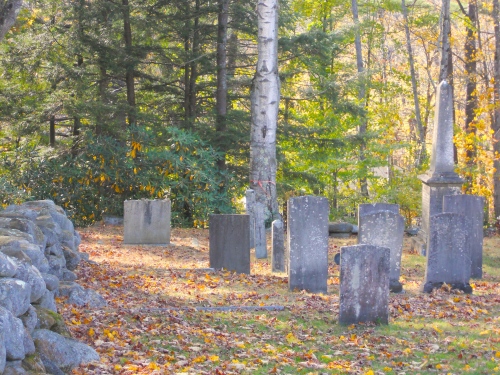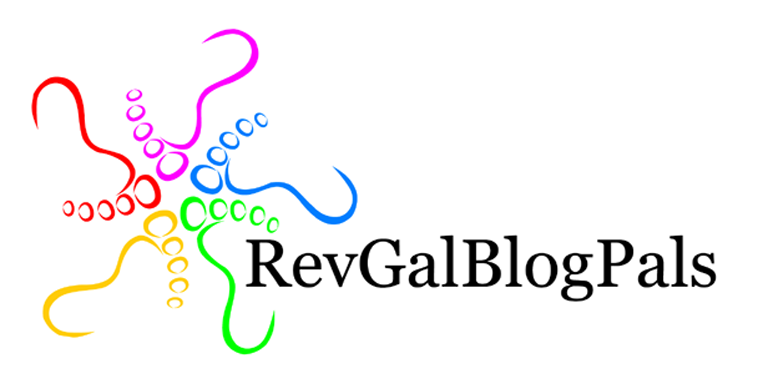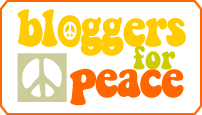I haven’t had much to say lately, so lucky for you I haven’t been blogging. I thought I might do a glimpse into my journal — those are always popular with the voyeuristic among you. But as I flipped through the pages, I found a lot of body aches and pains, house de-cluttering, financial musings, and angst about my writing pursuits. So I’ll spare you that.
Still, woven throughout the January dross I discovered a golden thread. (It may be just tarnished brass, but it’s all I’ve got, guys.) I wrote about a funeral, the first I’ve ever officiated in my new role as pastor. I hope you can relate to something.
January 8, 2016
I am not sleeping well. It’s not so much the cough now, it’s stress dreams about a funeral I’m doing in a week. My first. Strangers contacted our church: they want “spiritual but not religious.” Our senior pastor said, “You would be perfect for this.” But it turns out I don’t really know what spiritual but not religious is. Can I say God? Can I pray? I wonder if the family even knows what they mean. Wonder why they came to a Christian church for an officiant?
I’ve dreamt about this several nights. Don’t know why it’s so much in my subconscious. I hope I gain more confidence because I’m going to be doing graveside services regularly for {xx} cemetery. Now I’ve got myself all agitated right before bed, researching eulogies, chaplaincy certificates, and hospice programs. It’s midnight.
And a moment of silence for Elvis’s birthday, Jan 8.

January 9
Went to sleep with tears on my cheeks last night for the first time in months. I somehow ended up back in that hospital room with Biff (my deceased brother). Still very near the surface. Why? Is it preparing for the funeral? I guess. So many connections beyond our ken.
This funeral will be good practice at emotional boundaries. Caring for and serving this family without entering their pain. This is not my loss, it’s theirs. Is it just human nature to want to connect? Deep calls to deep, as the Bible says? Or is it my dysfunction & codependency?
I need to trust God with all my pain and loss if I’m going to help them. I want peace and serenity and confidence that “all is well and all shall be well,” and I want it to be real, not just the appearance of peace. I feel I have so far to go. I know I over-think, over-fret, but I also do *not* want to be caught off-guard, ambushed by emotions I can’t control.
January 13
I met with the family. Wow. Just wow. {Here for privacy’s sake, I will leave out the incredible struggles this family has been through.} I really am in the right place. Trying to watch my boundaries. I’m feeling privileged to help with the service. What an honor. God, make me an instrument of your peace.
This funeral is a challenge on so many levels. I want to be needed. I want to “do well.” Surprisingly, those unhealthy motivations are way less clamorous than they sometimes are, but I’m afraid they could creep in and knock me off-center.
And there’s this fear that I’ll identify too closely with the family and lose my composure at the service. Yesterday, I felt the opposite, afraid I’d be one of those distant, uninvolved, uncaring pastors: “I didn’t know the dead guy, but I wish I had.” I hate when they say that. So I looked into the son’s eyes and thought, “He just lost his father, I know that place.” But then I realized I do not need to take myself there, to pursue empathy. I err on the side of over-involved; there’s no danger of my being distant.
January 17
Surprised by tears again, bereft. I miss Biff so badly, even after two years. Did the funeral yesterday; today lunch with a new friend who didn’t know Biff’s story and asked a lot of questions that took me back there; Sunday grocery shopping *still* gets me — it’s when I used to shop for him and visit.
Then I was listening to music tonight and had to turn it off. Classical, sitar, and chants seem to be the only music I can safely listen to. And — Christmas, New Year’s, the two-year anniversary. I was braced for all that and felt I’d survived, so I guess my defenses came down. Mom’s birthday yesterday, same day as the funeral. Perfect storm.
I can’t begin to tell you how much I miss him. I fear I may be entering a time where the reality of the huge hole in me is becoming more clear. I’ll never love anyone that much again, and no one will ever love me like that again. A big chunk of my heart has been ripped out.

Heart wound
January 19
Better today. Maybe those waves of grief just need to happen. Life is not an easy thing.
I’m glad the funeral is over.
Today I read a quote from a guy saying that Martin Luther King was a saint because he was drawn to suffering; King said he was glad to be alive when things were such “a mess.” Well, maybe a saint. Or maybe codependent, like me. Needing to be needed, like me. Maybe a personality-type thing. Maybe all of the above.
January 20
Watched a great movie last night, one of Biff’s videos. “The Way” with Martin Sheen. It’s theme resonated, as he walked “the way” to Saint James’s traditional tomb in Spain to finish a pilgrimage started by his deceased son. Beautifully done. You can feel him walking towards closure and forgiveness for himself and his son.
I would like to out-walk my grief, “get beyond it.” I keep wanting to be free of some burden, some weight. But now it’s more like a shadow, and it will always accompany me, walk alongside. And I suppose from time to time it will overtake me or overshadow me — the rest of me. But I hope that in time the shadow will get lighter, fade somewhat. Or maybe it will integrate into me. My metaphors are confusing me. 🙂

♥♥♥
A related post: this powerful post from my blogging pastor-friend John Coleman starts out, “I’m used to burying strangers.” It gave me inspiration in the days leading up to officiating my first funeral.










